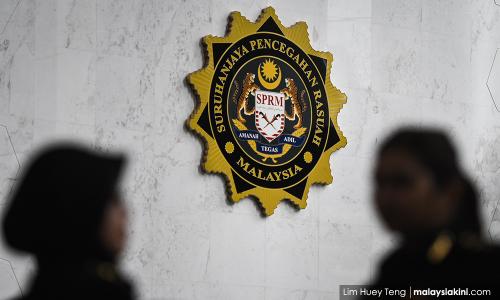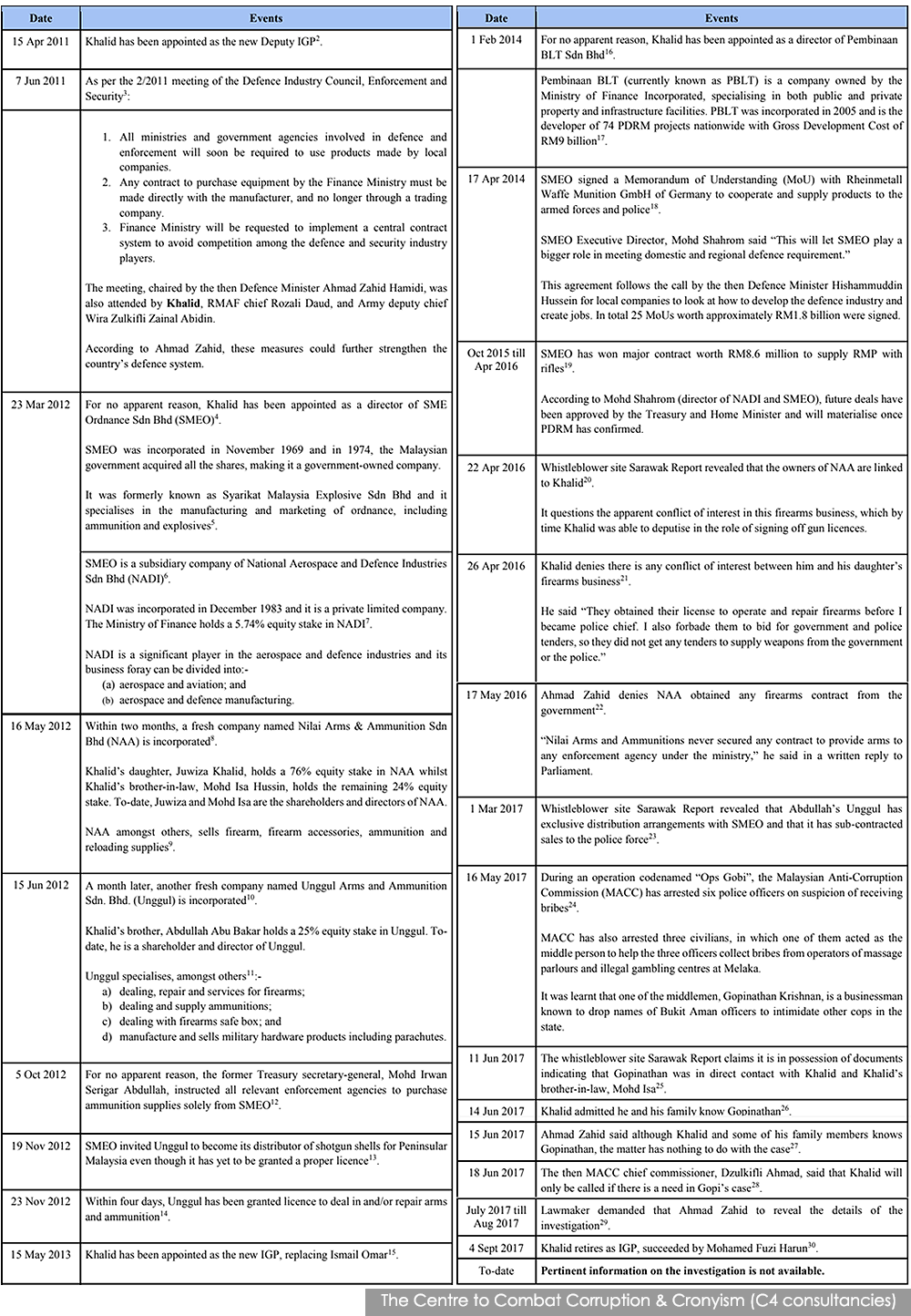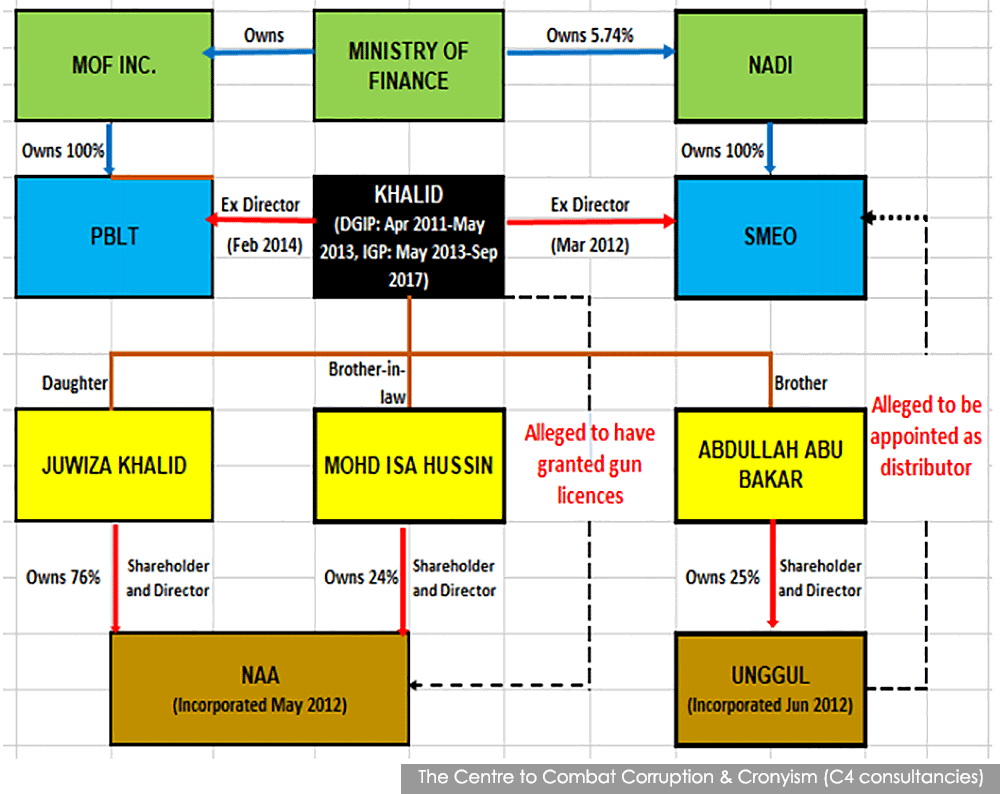Police corruption negates gov't's anti-corruption reforms
COMMENT | While this year’s International Anti-Corruption Day is celebrated with pomp in Malaysia to manifest the new government’s effort to tackle corruption, we are cognizant that real reforms must be structural and holistic, and are somewhat concerned to learn certain efforts are being thwarted by the resistance to change.
One example is the proposed Independent Police Complaints and Misconduct Commission (IPCMC) Bill which has been postponed for second reading.
Based on the complaints received by the Malaysian Anti-Corruption Commission (MACC) between 2013 and 2018, the enforcement sector emerges as the second highest in the list of sectors prone to corruption.
This shocking truth demonstrates that Malaysia is in dire need of an independent commission to hold enforcement officers who commit corruption, misconduct, including abuses against people in custody, to account.
The considerable powers entrusted to law enforcement officers can be easily manipulated for private gain, as can be seen in the case of the former IGP, Khalid Abu Bakar (Khalid).
Overview
Khalid began his career in the Royal Malaysian Police (RMP) on December 1976 and retired as IGP on September 2017.
C4 notes a series of events occurring during the tenure of Khalid, as shown below:
In summary, the correlation between the companies involved is shown in the chart below:
Unveiling concealed conglomerate
Abdullah and Mohd Isa actively became involved in numerous businesses after Khalid was appointed as the Deputy IGP and thereafter IGP, as shown below:
Power Abuse
These raise the following questions:-
(a) Did Khalid misuse his position to assert control or influence over the affairs related to the Malaysian Industry Council for Defence Enforcement and Security (Mides) he was a member of, leading to the manipulation of certain specifications during the procurement process to disadvantage other bidders in order to benefit a selective cadre?
(b) Did Khalid misuse his position to assert control or influence over the affairs related to the enforcement agency he was in charge of, in particular, the selection of firearms and ammunition suppliers?
(c) Did Khalid abuse his position by making decisions in ways that will provide personal benefit and favouritism for his family members and associates?
(d) Has any internal investigation been carried out on this matter?
Time to boost the RMP’s anti-corruption reforms
Addressing police corruption is essential to maintain public order and the rule of law, as well as to restore public trust in democratic processes and institutions.
Among the first steps needed for reforms is a properly established internal whistleblowing mechanism that is secure, to create a more enabling environment within the force to report wrongdoing and power abuse.
This should be followed by the establishment of an independent police complaints commission which would eventually end the culture of impunity ingrained in the police force.
C4 has met with the Jabatan Integriti dan Pematuhan Standard (Jips) and its commissioner to discuss the proposed reforms, as well as to express our willingness to assist them to establish the fundamental mechanism.
C4 remains open to a meeting with the new IGP Abdul Hamid Bador and to submit all the relevant information and/or documents for his further action. We trust that given his repeated emphasis on cleaning up the police force, we can move a step forward on police reforms.
CYNTHIA GABRIEL is executive director, C4 Center. LALITHA KUNARATNAM is senior researcher, C4 Center.
RM12.50 / month
- Unlimited access to award-winning journalism
- Comment and share your opinions on all our articles
- Gift interesting stories to your friends
- Tax deductable



